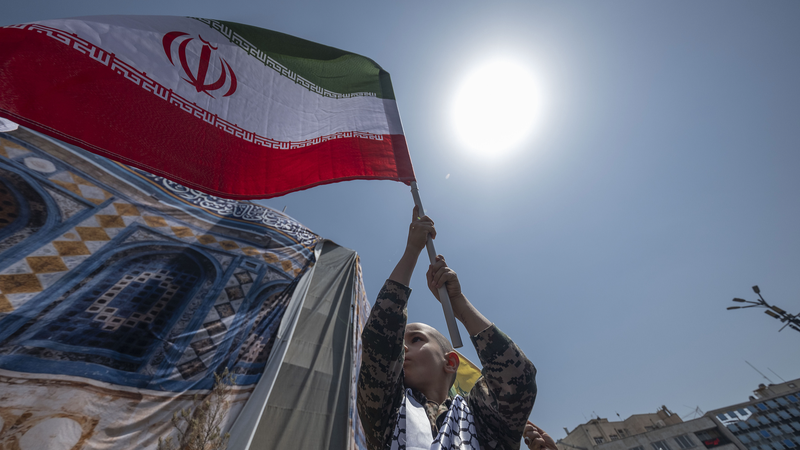In the latest chapter of regional tensions, Iran has mixed retaliatory missile strikes with behind-the-scenes diplomacy as Israel’s air campaign marks its second week. Iran’s leadership is aiming to deter further attacks without slipping into a wider regional war.
Since Israel launched its opening strike on June 13, Tehran has responded in waves of missile launches. The clashes have left at least 430 people dead in Iran and 24 in Israel. While Israel’s air defenses boast a reported success rate of over 90 percent, several projectiles have broken through, including one that hit the Tel Aviv Stock Exchange building.
Alongside military moves, Iran’s diplomatic machinery remains in gear. Foreign Minister Seyed Abbas Araghchi held sessions with European officials in Geneva and has been in phone contact with Steve Witkoff, the U.S. Middle East envoy. Tehran signals it could revisit nuclear flexibility if Israel halts its bombing campaign.
This calibrated strategy reflects Supreme Leader Ayatollah Ali Khamenei’s pragmatic streak. Despite historic anti-Israel and anti-U.S. rhetoric, he endorsed the 2015 nuclear deal to protect national stability. In recent months, he has balanced solidarity with Palestinians in Gaza against the risk of a broader confrontation.
Experts warn that U.S. policy under President Donald Trump adds uncertainty. His shifting posture—including a two-week diplomatic pause and threats of unconditional surrender—has fueled speculation about direct American involvement alongside Israel.
As a strategic lever, Iran has floated the potential closure of the Strait of Hormuz, through which nearly 18 million barrels of oil—about one-fifth of the world’s daily supply— pass through its narrowest 33-kilometer stretch. Lawmaker Ali Yazdikhah told state media that shutting the strait could be justified if U.S. forces officially join Israel’s campaign.
Closing the strait, however, risks broad fallout. Major Gulf exporters like Saudi Arabia, the UAE, Iraq and Kuwait rely on this route. Wei Liang, an associate fellow at the Chinese Academy of Social Sciences, says disrupting transit could harm the regional economy and global energy markets.
On the streets, mass rallies in Tehran, Beirut and Baghdad have shown rising public support for Iran’s stance, with crowds chanting slogans against Israel and the U.S. That groundswell may give Tehran more room to sustain its strategy without facing domestic pressure to stand down.
As the standoff enters its second week, the world watches to see if Iran’s blend of military deterrence and quiet diplomacy will force Israel to reconsider its offensive—or risk pulling the wider region into an even more dangerous spiral.
Reference(s):
Iran holds firm on diplomacy even as conflict with Israel escalates
cgtn.com



